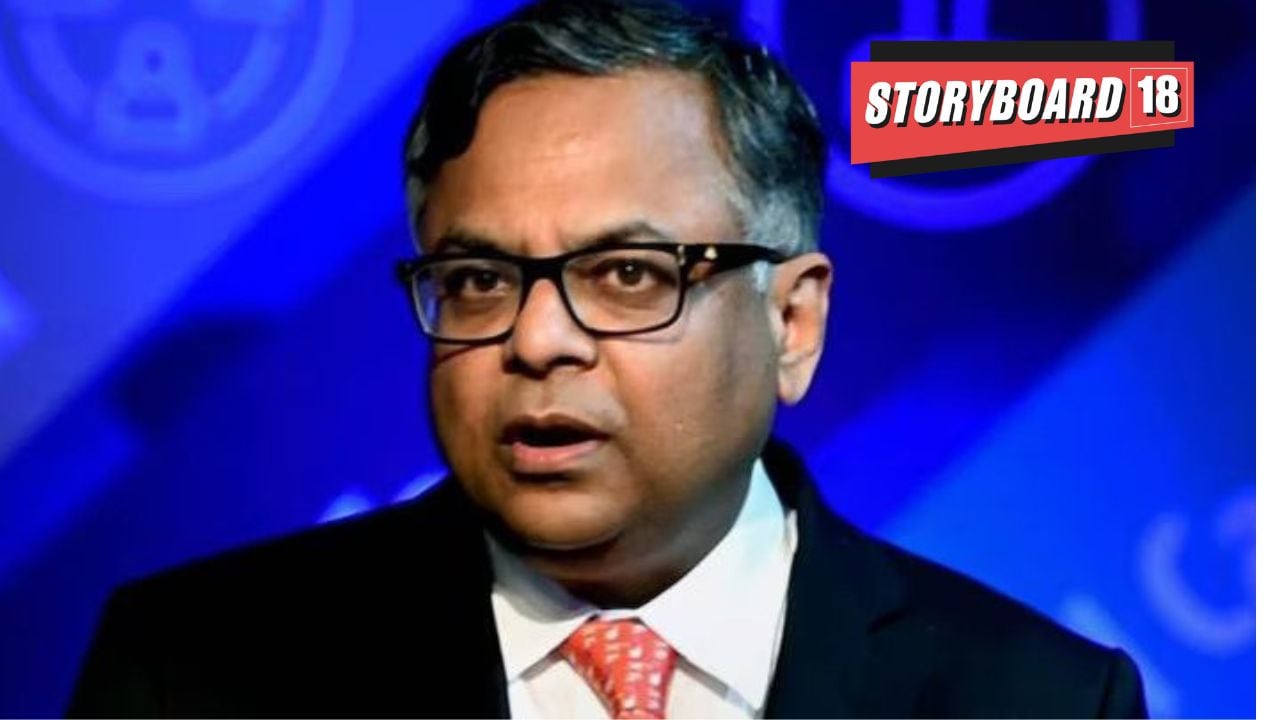In his year-end message to employees, Tata Group Chairman N. Chandrasekaran outlined an ambitious vision for the company’s future, aiming to create half a million manufacturing jobs over the next five years. The note, which was shared on December 26, emphasized India’s growing role as a manufacturing hub amid geopolitical turbulence and highlighted the country’s potential to leverage its vast talent pool and expanding industrial capabilities.
Chandrasekaran spoke of the group’s “big strategic bet” across several key sectors, including manufacturing, telecom, retail, and hospitality. Construction is already underway at more than seven new manufacturing plants, with flagship projects such as India’s first semiconductor fabrication facility in Dholera and an electronics assembly plant in Karnataka. Additional projects include an automotive plant in Tamil Nadu, MRO facilities in Bengaluru, and battery cell manufacturing plants in Gujarat.
The chairman also stressed that these investments will contribute to significant job creation not only in manufacturing but also in tech services, retail, airlines, and hospitality. “Our Group plans to create 500,000 manufacturing jobs over the next half-decade,” Chandrasekaran wrote. These jobs will be generated from investments in factories and projects focused on batteries, semiconductors, electric vehicles, solar equipment, and other critical hardware central to the economy of tomorrow.
Highlighting Tata Group’s forays, Chandrasekaran cited Tata Consultancy Services (TCS) and Tejas Networks, which recently developed an indigenous 4G mobile telecom stack for BSNL. The retail sector continues to expand, and Air India has successfully integrated four airlines into a unified entity. He also lauded the Taj brand, part of Indian Hotels, for maintaining its position as one of the world’s strongest hotel brands.
Looking ahead, Chandrasekaran expressed his excitement about the prospects in digital technology and artificial intelligence (AI), emphasizing the fundamental shift occurring in the tech landscape. “Advancements in technology are now driving scientific discoveries,” he noted, emphasizing the transformative impact AI will have on sectors such as healthcare and mobility. In particular, he highlighted the growing potential of India’s manufacturing sector to reshape the country’s economic trajectory. As global supply chains continue to recalibrate in response to ongoing geopolitical instability, India’s talent pool and manufacturing capacity position it to capitalize on these changes.
Chandrasekaran’s vision for job creation is particularly timely, given the estimated one million young people entering India’s workforce each month. Manufacturing has powerful multiplier effects, and industries such as semiconductor manufacturing offer significant indirect employment opportunities, he said.
The message also touched on the emotional significance of the year for Tata Group employees, reflecting on the loss of the group’s former chairman, Ratan Tata. Chandrasekaran wrote that the year had “deeper and more personal resonance” for everyone at the Group, acknowledging the irreplaceable role Tata played as both a leader and mentor. “Our Group has lost an irreplaceable role model and leader. And I have lost a cherished mentor and friend,” he wrote.
Concluding the letter with optimism, Chandrasekaran expressed confidence in India’s economic outlook. “After a year marked by loss, it is with a sense of hope and optimism that I look ahead to 2025,” he wrote. With the country’s young demographic poised to drive future growth, the chairman is hopeful that this next generation will help build India’s future “literally, with their hands and with their minds.”
